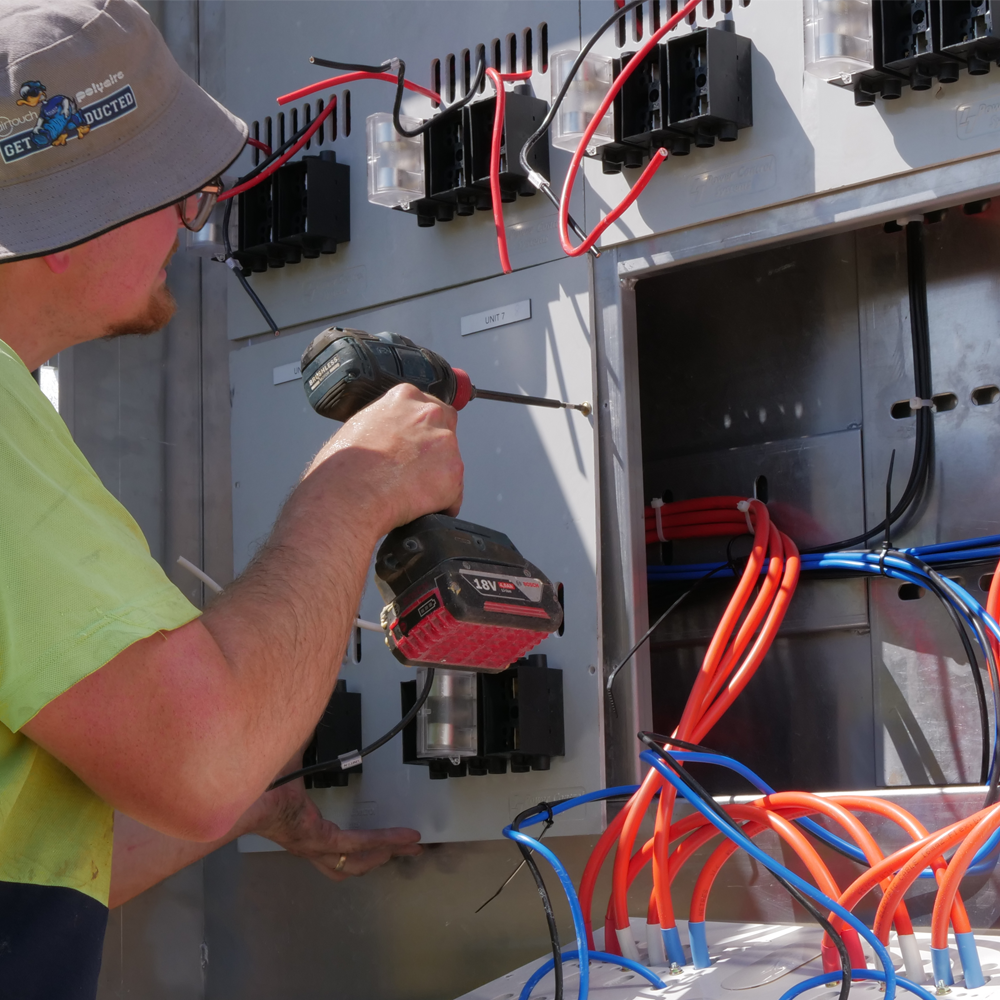The rapid evolution of artificial intelligence (AI) is transforming industries worldwide, and Australia is no exception. The Tech Council of Australia has set an ambitious target of creating 200,000 AI jobs by 2030, highlighting the potential of AI to drive economic growth and innovation across the country. This goal aligns with global trends in technology and positions Australia as a leader in the AI space.
The Growing Demand for AI Professionals
As AI technologies become increasingly integral to various sectors, the demand for skilled AI professionals is on the rise. Industries such as healthcare, finance, and agriculture are embracing AI to improve efficiency, enhance decision-making, and drive innovation. This surge in AI adoption necessitates a workforce capable of developing, implementing, and managing AI solutions.
The Tech Council of Australia emphasises the need for a diverse range of AI professionals, including data scientists, machine learning engineers, AI researchers, and ethical AI specialists. By 2030, these roles are expected to form the backbone of Australia’s AI-driven economy, contributing significantly to its GDP.
Education and Skills Development
Achieving the target of 200,000 AI jobs requires a robust education and training framework. The Tech Council stresses the importance of upskilling and reskilling the existing workforce to meet the demands of AI-driven industries. Collaborative efforts between government, academia, and industry are essential to develop tailored programs that equip individuals with the necessary skills.
Australian universities are already taking steps to address this need by offering specialised AI courses and degrees. Additionally, online platforms and vocational training programs provide flexible learning options for individuals seeking to enter the AI field. By fostering a culture of continuous learning, Australia can ensure a steady pipeline of AI talent.
The Role of Government and Industry
Government support plays a crucial role in realising Australia’s AI job aspirations. The Tech Council calls for policies that promote AI research and development, encourage innovation, and provide incentives for businesses to invest in AI technologies. By fostering a supportive regulatory environment, the government can stimulate AI-driven growth and attract both domestic and international talent.
Industry collaboration is equally vital. Tech companies, startups, and enterprises must work together to create opportunities for AI professionals and drive the adoption of AI solutions. Public-private partnerships can facilitate the sharing of resources, knowledge, and expertise, accelerating the growth of AI jobs across the country.
Addressing Ethical and Social Implications
As AI technologies become more pervasive, addressing their ethical and social implications is paramount. The Tech Council highlights the need for responsible AI development that prioritises transparency, fairness, and accountability. This includes ensuring that AI systems are designed to avoid bias, protect privacy, and adhere to ethical guidelines.
Australia’s commitment to ethical AI extends to fostering diversity and inclusion within the tech workforce. Encouraging underrepresented groups to pursue AI careers can enhance creativity and innovation, leading to more comprehensive and equitable AI solutions.
Challenges and Opportunities
While the goal of 200,000 AI jobs by 2030 presents exciting opportunities, it also comes with challenges. The fast-paced nature of AI development requires a dynamic approach to education and training. Adapting curricula to keep pace with technological advancements and industry needs is crucial to producing job-ready AI professionals.
Moreover, the competitive global landscape for AI talent necessitates strategies to attract and retain skilled professionals. Australia must position itself as an attractive destination for AI experts by offering competitive salaries, a supportive work environment, and opportunities for career growth.
Conclusion
Australia’s ambition to create 200,000 AI tech jobs by 2030 reflects its commitment to embracing the AI revolution. By investing in education, fostering collaboration between government and industry, and addressing ethical considerations, Australia can position itself as a global leader in AI innovation. As the country navigates the challenges and opportunities of the AI era, its vision for a thriving AI workforce holds the promise of economic prosperity and technological advancement.









